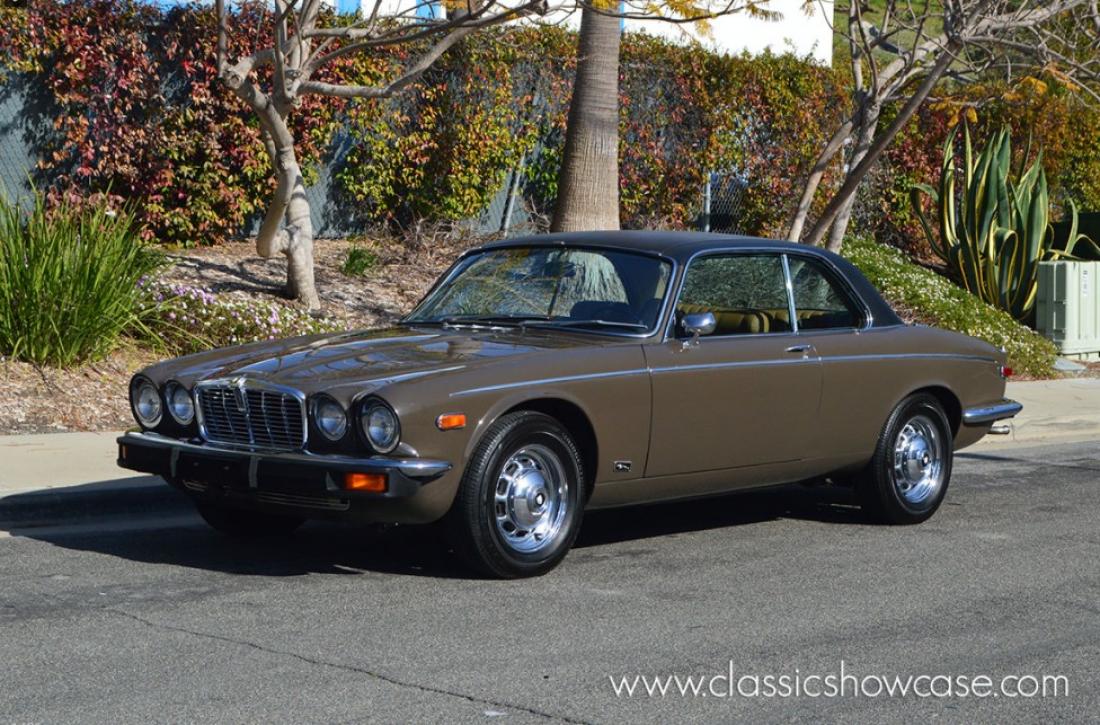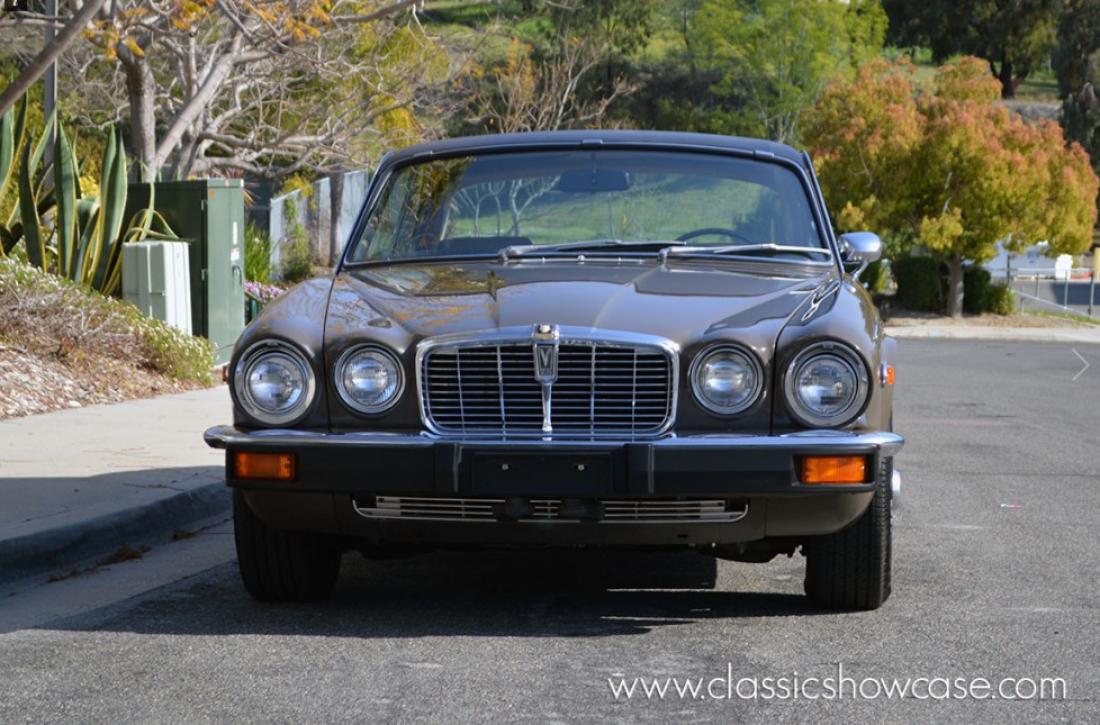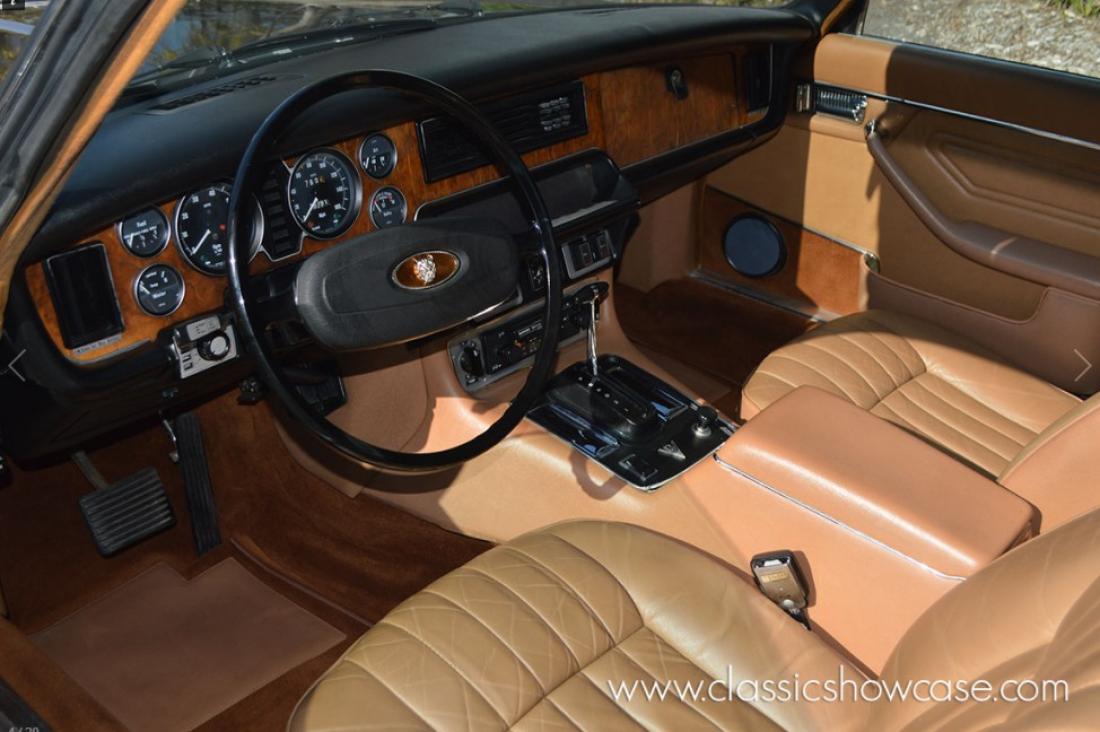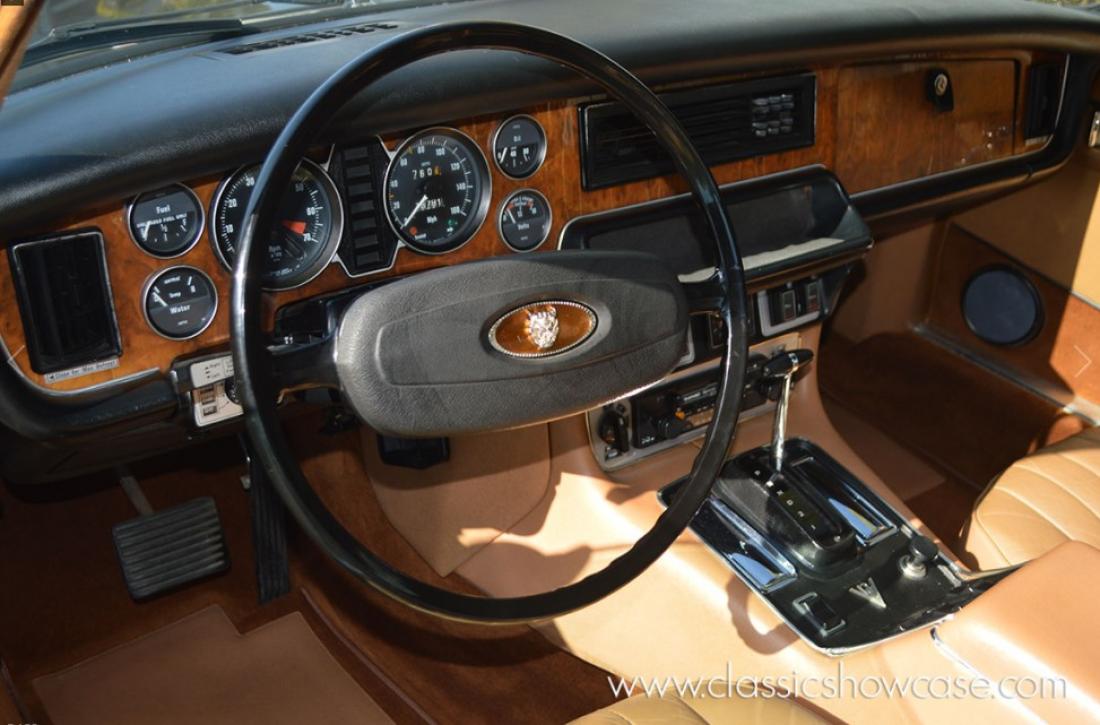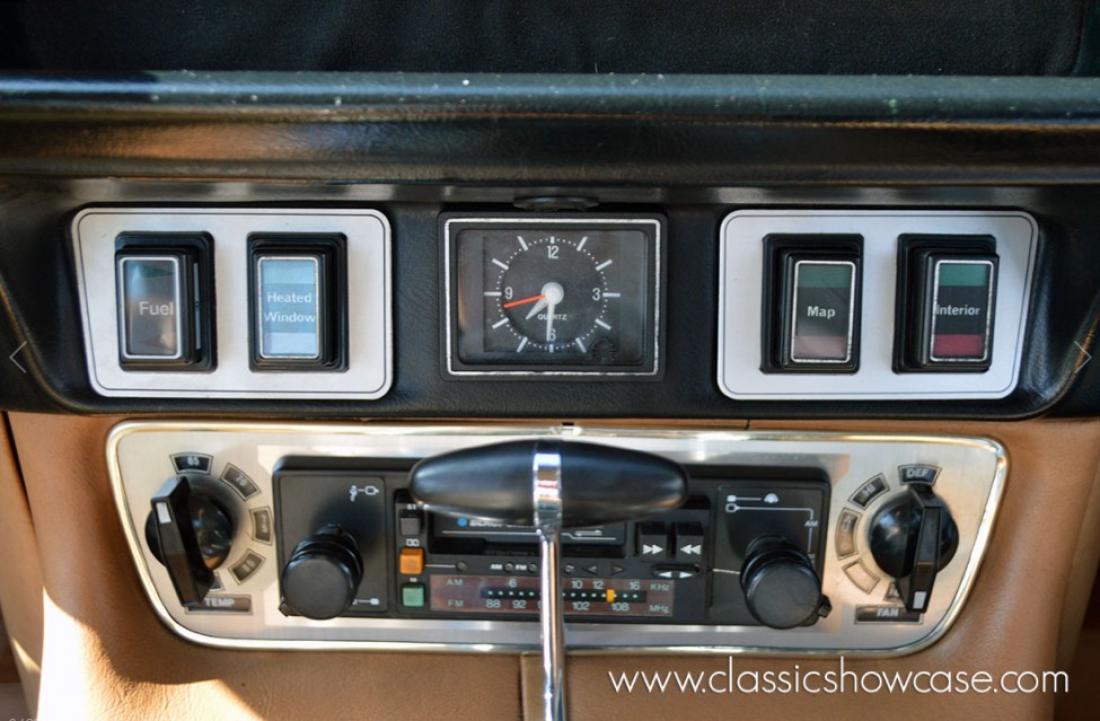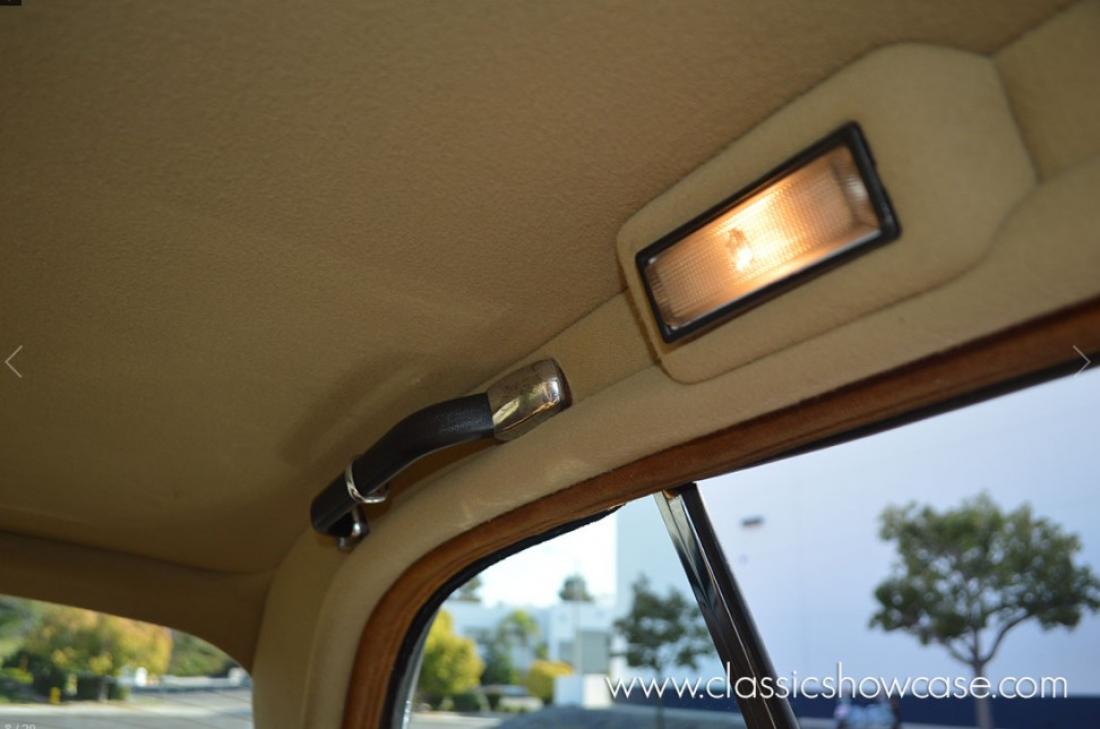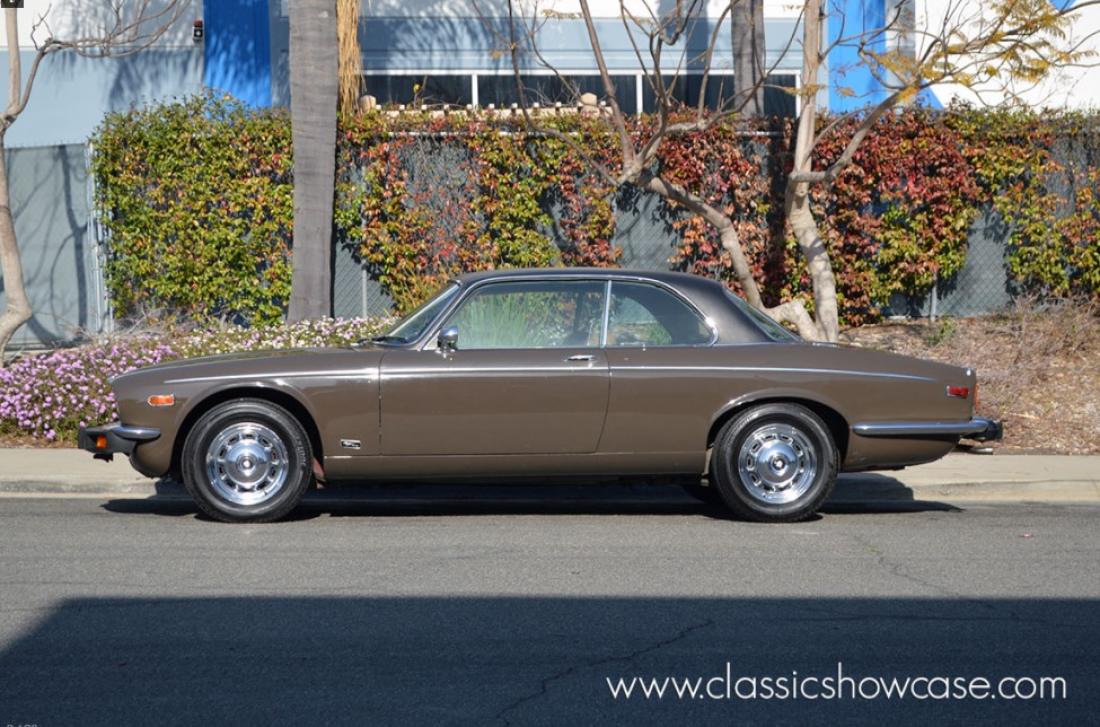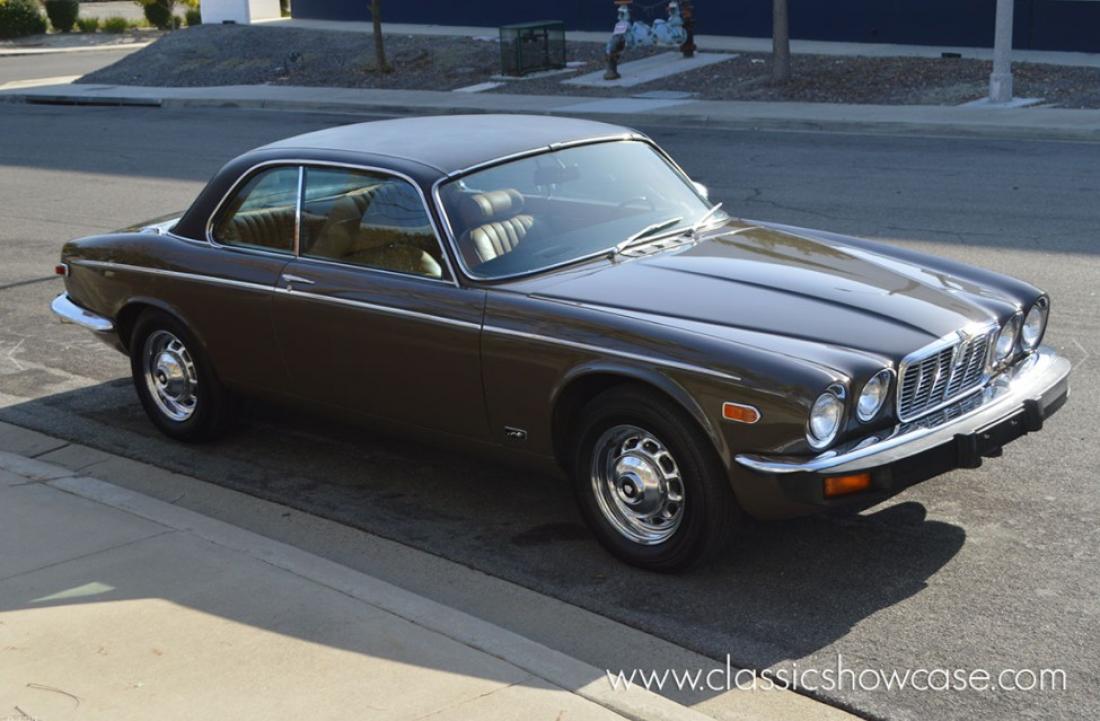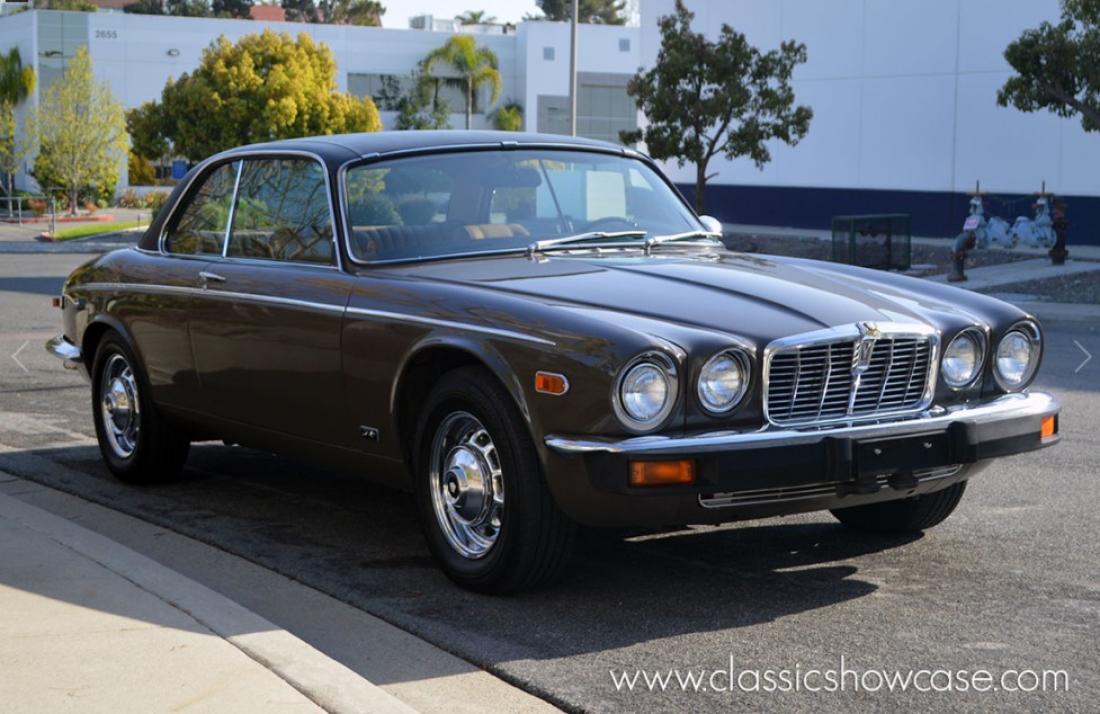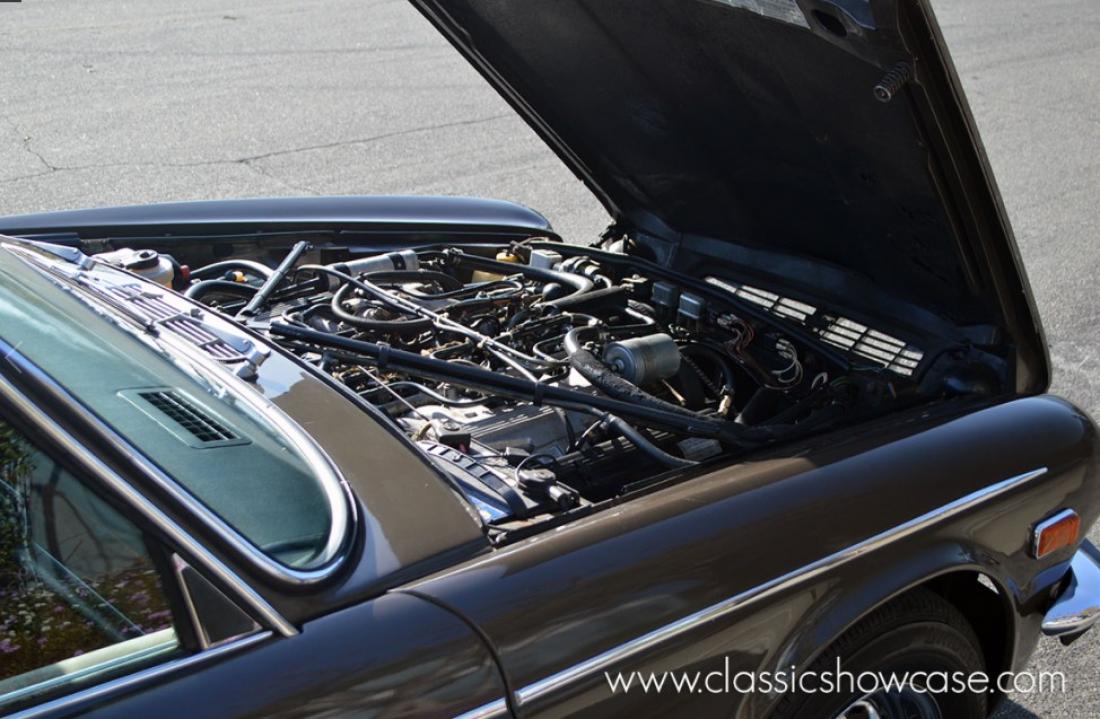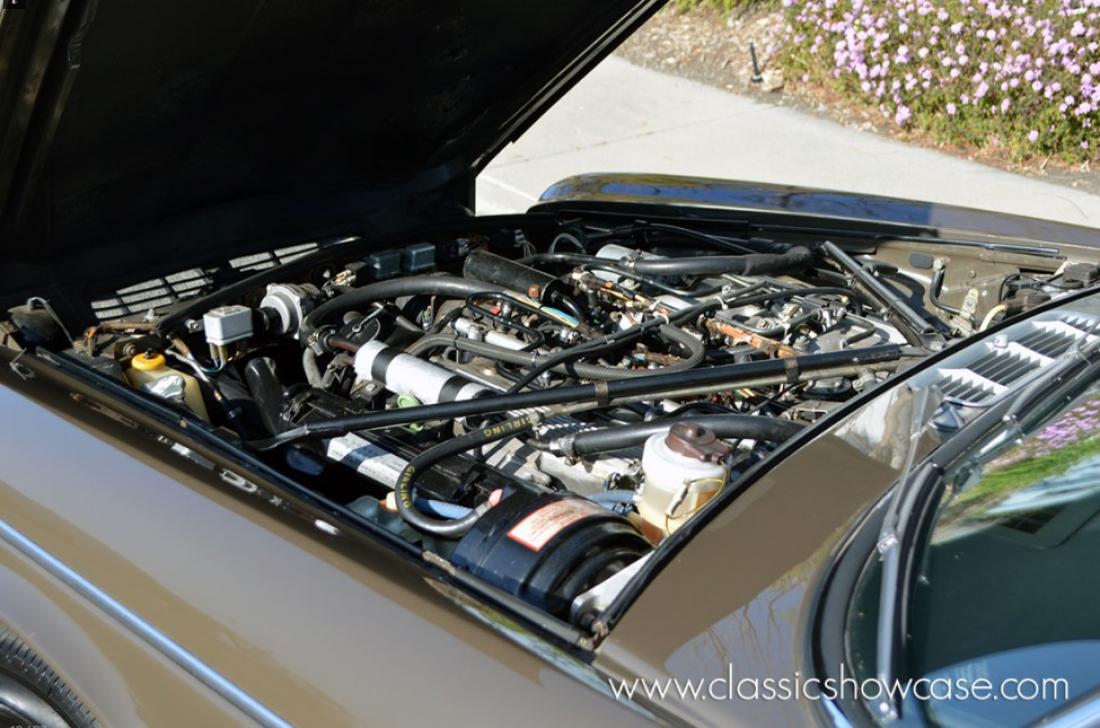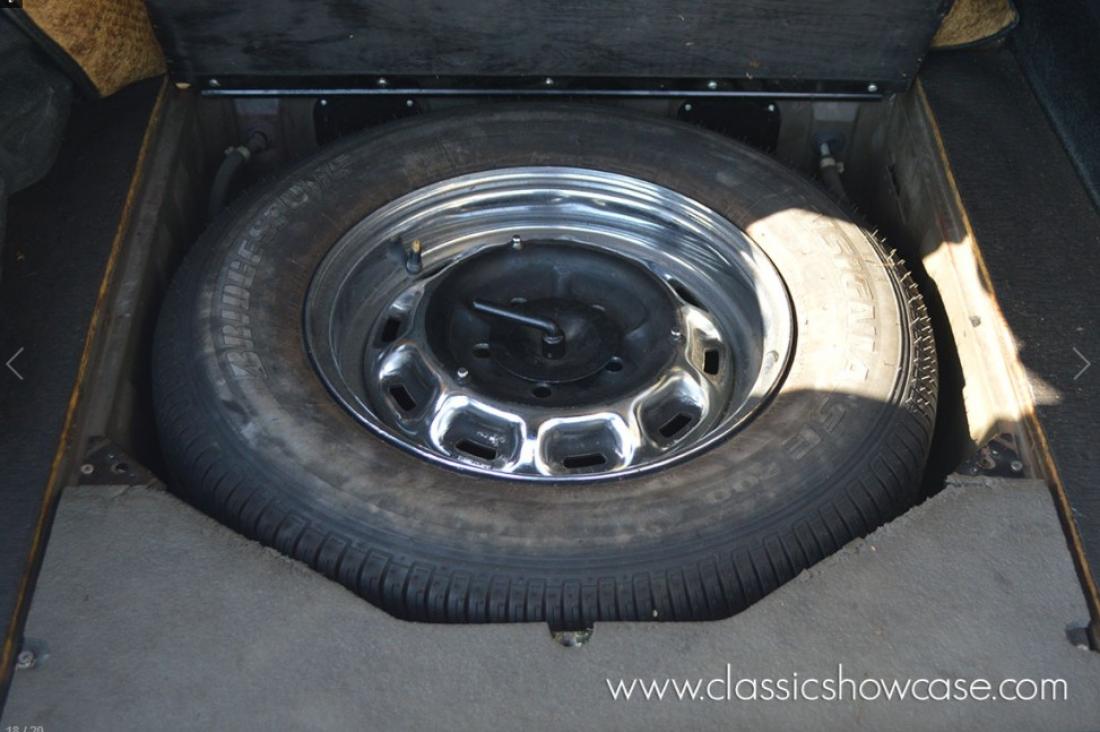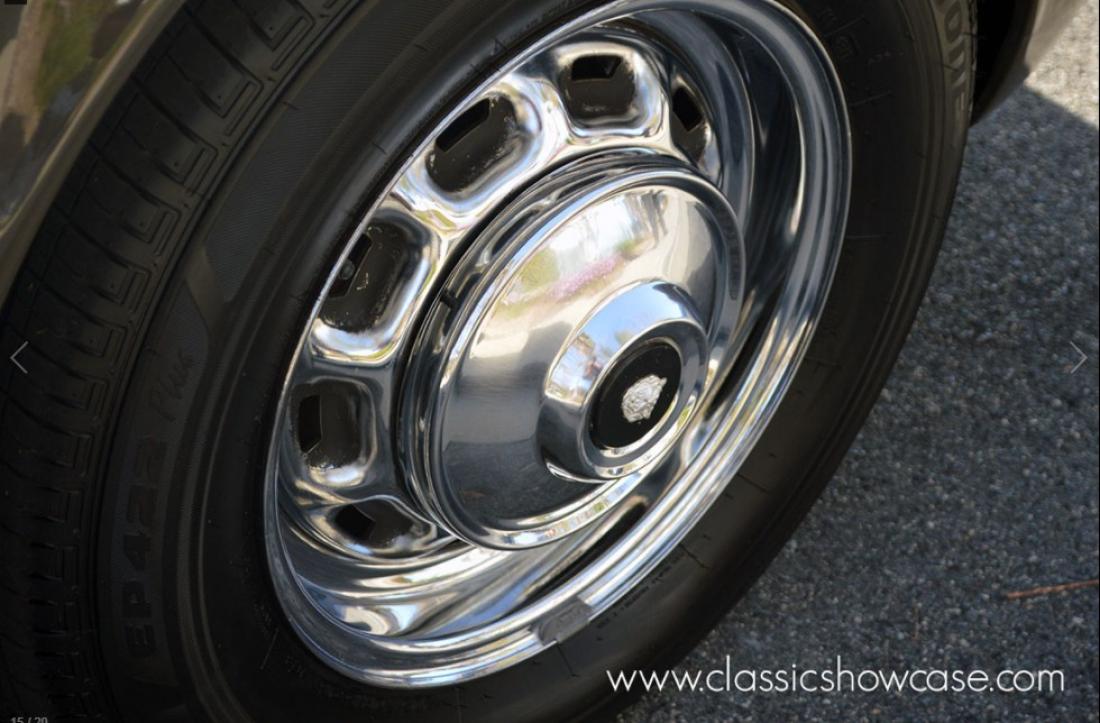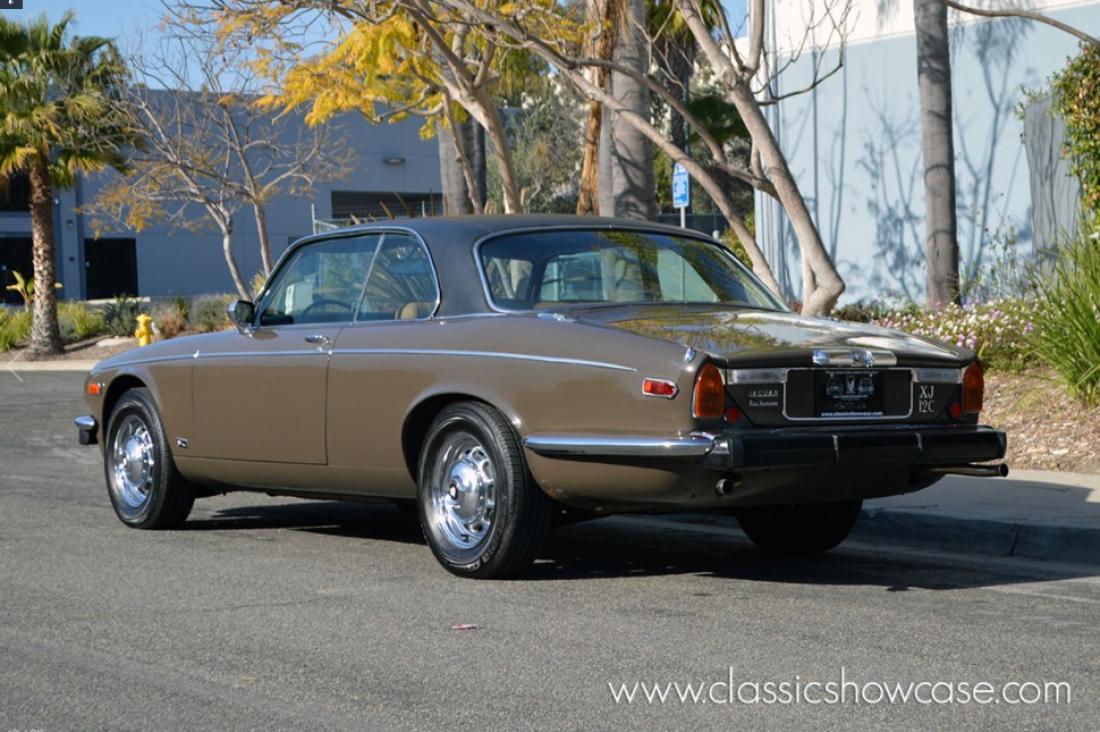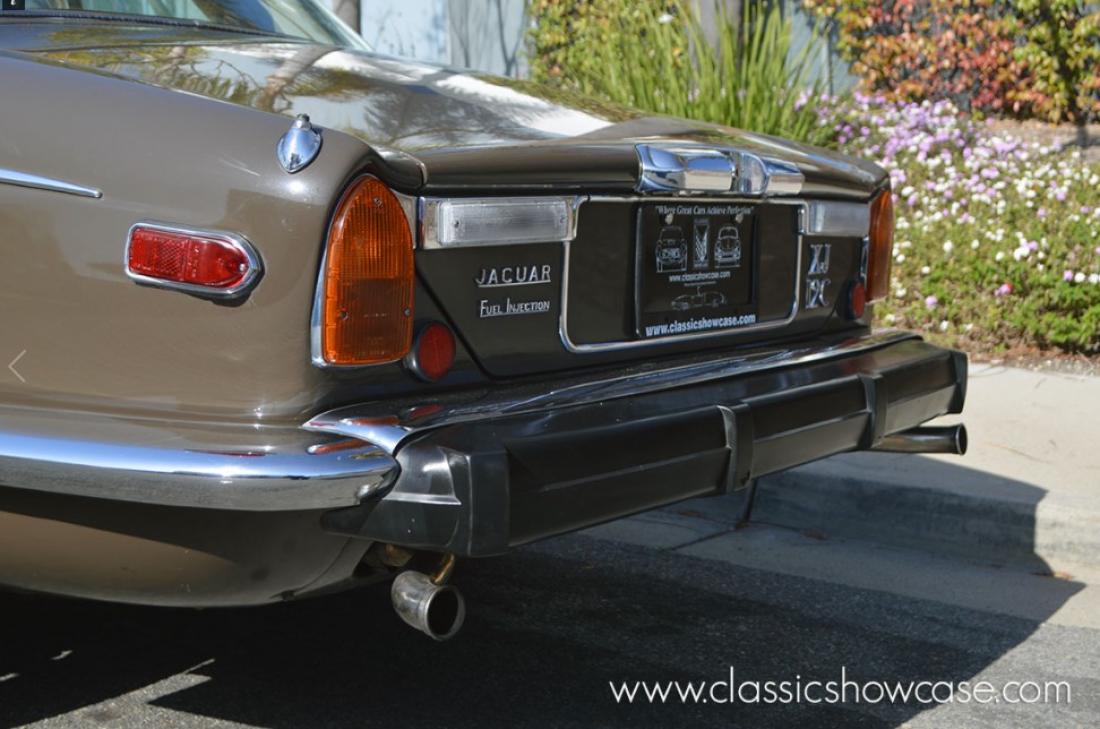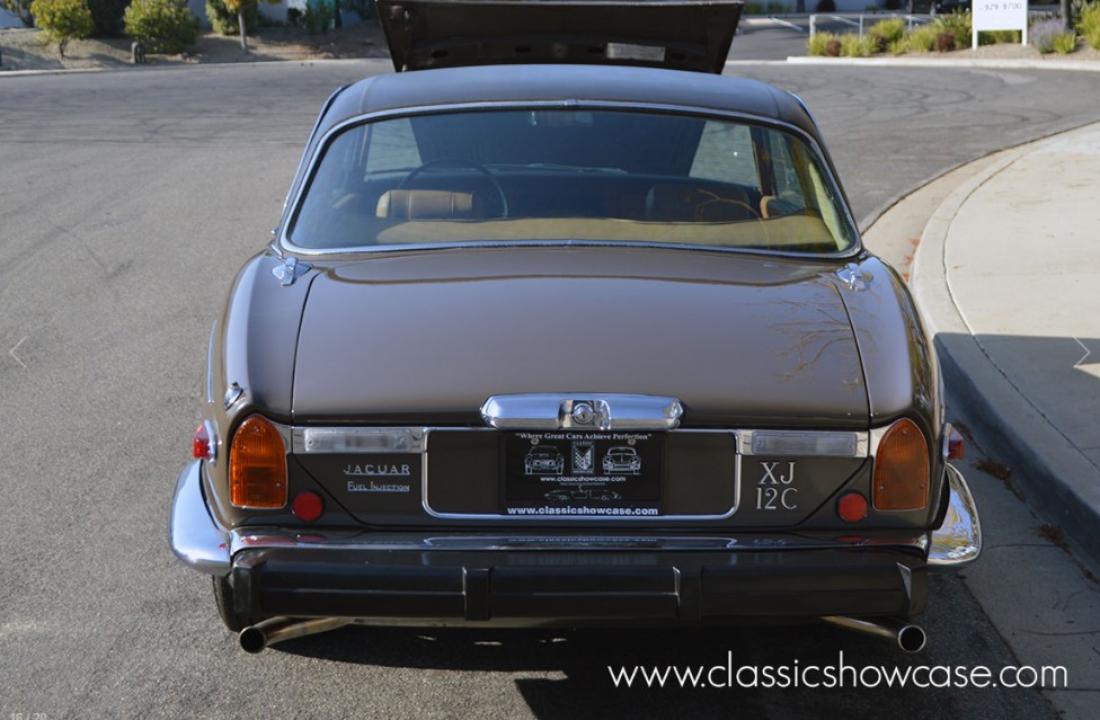1976 Jaguar
XJC
V12
Price on request

|
carrozzeria
|
Coupe
|

|
trasmissione
|
Automatic
|

|
colore esterno
|
Brown
|

|
tappezzeria
|
Leather
|

|
sterzo
|
Lhd
|

|
Numero de telaio
|
UG2G50531BW
|
The Jaguar XJ12C is a limited production run, rare two-door pillar-less coupe version of Jaguar's standard XJ four door saloons. This example was manufactured in 1976 and is one of the only 1,855 V12 5.3 Coupes Jaguar ever produced. It features a 5.3-liter V12, 12 cylinder with twin alloy overhead cam and a 3-speed automatic transmission. The body is in Sable, and nicely complimented with a black vinyl top. The plush interior presents wonderfully, and comes in Biscuit, with matching leather seats. The car features all power options, as well as a dual-exhaust system, and has recently received a full servicing by Jaguar professionals.
History
Sir John William hailed the XJ series as 'The finest Jaguar ever.' The 'XJ' designation had been used during the vehicle’s development as its codename. When the vehicle was introduced, the codename persisted. When introduced it was powered by a six-cylinder engine that came in either 2.8- or 4.2-liter displacement. In 1972 a 5.3-liter V12 unit was introduced It brought mild aesthetic improvements over the prior years. One of the more visual indications of a Series II from a Series I was the smaller front grille. A 3.4-liter engine became available in 1975. A 9,378-car run of two-door XJ coupés with a pillarless hardtop body called the XJ-C was built between 1975 and 1978. The car was launched at the London Motor Show in October 1973. The coupé was based on the short-wheelbase version of the XJ. The coupé's elongated doors were made out of a lengthened standard XJ front door. Both six and twelve-cylinder models were offered, 6,505 of the former and 1,873 of the latter. All coupes came with a vinyl roof as standard. The taut surfaces and tightly drawn curves of the short-wheelbase Series 2 four-door translated perfectly with two fewer portals, and the glassy greenhouse of the coupe, backed by thicker C-pillars and the falling curve of the trunk lid, emphasized this car's driven rear wheels in a way that was both sporting and elegant.
